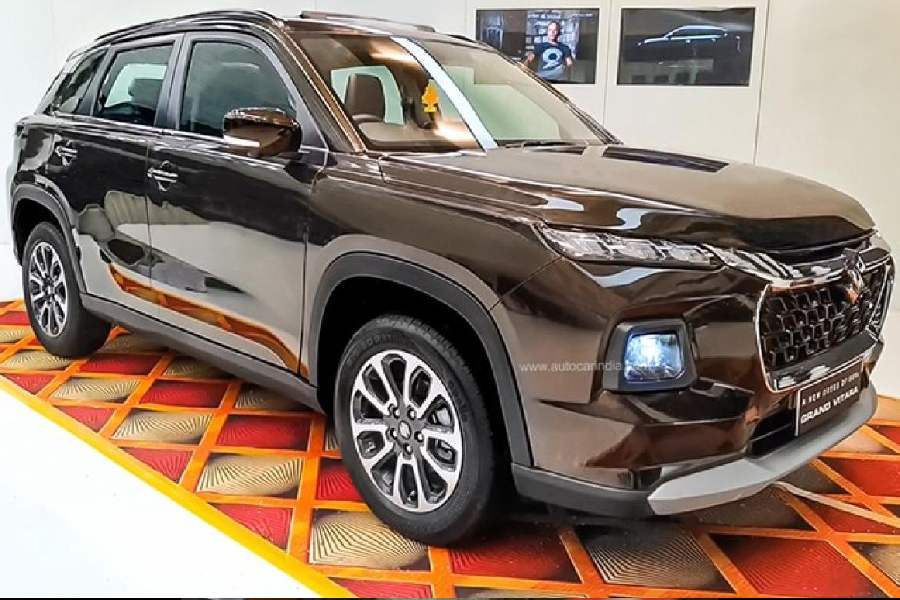Maruti Suzuki India, the country’s No. 1 car maker, is expecting the government to offer incentives to hybrid cars as they are cleaner environmentally than battery electric vehicles (BEVs).
At present, the Centre incentivises EVs which attract just 5 per cent GST, while hybrids are slapped 43 per cent GST.
Maruti chairman R.C. Bhargava said EV batteries get charged using power largely drawn from thermal power plants, making them bigger consumers of carbon fuels than hybrids.
“The government has already acknowledged that a mixture of technologies will be required to achieve the carbon neutrality goals in India, and besides EVs, hybrids, bio-fuels and CNG are all part of the options,” said Bhargava after announcing Maruti’s second-quarter results last week.
“I hope the government reconsiders its stance on the taxation on hybrids and reduces the existing 38 per cent tax difference between hybrids and EVs. If that happens, the growth of hybrid technology in India could be even faster,” Bhargava said.
The advantage that BEVs have of zero tailpipe emissions is mitigated by the fact that BEVs are today majorly charged by electric grids that draw their power from coal-based plants.
An accelerated shift towards electric vehicles (EVs) might not be the ideal solution for the country, which is on a mission to achieve carbon neutrality by 2070.
“Almost 75 per cent of India’s energy is today generated by coal, and while it is projected to come down to 50 per cent by FY31, in the existing scenario, hybrids (cars) are cleaner than EVs in terms of total carbon emissions,” Bhargava said.
While EVs have gained global recognition as the most suitable zero-tailpipe-emission mobility solution for most vehicle categories, they do not necessarily emerge cleaner than internal-combustion-engine-based hybrids.
A study conducted by a team of IIT Kanpur experts suggests that hybrid electric vehicles (HEVs) are more environmentally friendly than battery electric vehicles (BEVs) based on comparative life cycle emissions analysis (LCA) of both power trains.
HEVs operating with e-fuels emerged as the way forward for sustainable transport under Indian conditions.
Bhargava said that the Indian passenger vehicle (PV) market is increasingly preferring hybrids over EVs, and the gap between the volumes for the two technologies is narrowing rapidly.
“While the difference in the volumes of hybrids and EVs stood at 0.7 per cent in H1 FY24, it is further narrowing down in the second half, and already stands at 0.3 per cent,” he said.
“Customers are very happy with the performance and convenience of a hybrid compared to the challenges, particularly concerning the range anxiety and charging infrastructure, being faced in the case of EVs,” Bhargava added.










